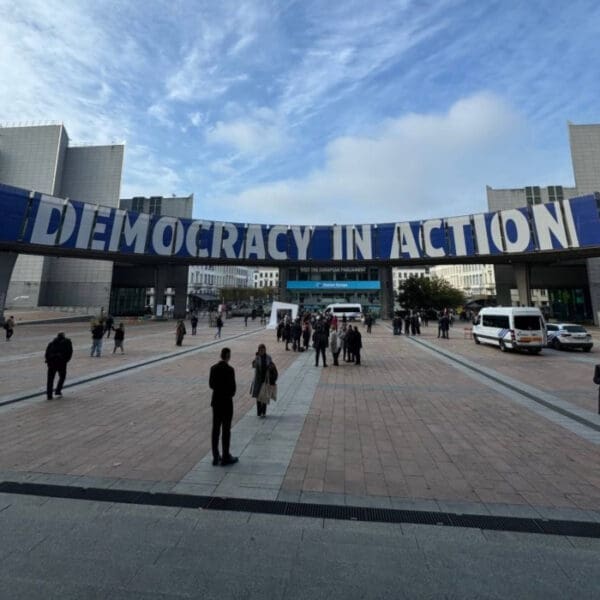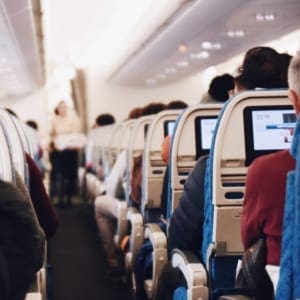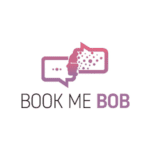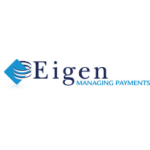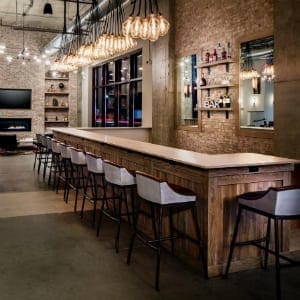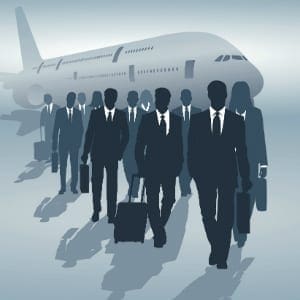 The corporate business industry is an important component of the tourism industry and the economic development in destinations.
The corporate business industry is an important component of the tourism industry and the economic development in destinations.
This year, a general climate of economic stability, more direct flight options and a robust international meetings sector will bring tremendous growth to the industry and generate millions in revenue. Driven by emerging technologies and shifting habits, corporate travel is experiencing a fundamental change in the way the traveler is served. Here are some forecasts and predictions, provided by WorldHotels, that will shape the business travel sector this year.
Personalization
Corporate travel is mainly about complying with company policies. But a new mindset is emerging when it comes to traveling for business: standard traveling processes are not enough anymore; a personalized approach is expected. Travel companies must put people, not policies, first. Not only on private holidays but also on business trips, brands need to offer personalized services. Data, business intelligence and analytics will help to improve the customer experience this year and need to be applied at every step of the customer journey. It starts with recognizing corporate travelers automatically when they dial in from a known number. Using past traveler behavior makes it possible to offer truly unique travel products and services. A personalized trip affords the corporate traveler a stress-free travel experience that’s perfectly suited to his preferences. Travel managers and human resource leaders will also benefit because personalized travel experiences will increase employee value proposition and help with recruiting and retaining efforts.
Business or leisure? Both.
As workforces fill up with millennials and Generation Z workers, business travel expectations and habits are changing. The newer generations are interested in blending business and leisure travel. The lines between work and life are increasingly blurry and the so-called bleisure trips are on the rise and are likely to continue growing in popularity. Improved travel policies will give the possibility to combine business with leisure this year. This trend will come with the benefits of increased satisfaction and a reduction in stress for travelers.
Experiences
Along with the growing focus on bleisure travel, there is a spotlight on experiences this year. Not only leisure but also corporate travelers want to soak up local culture. Experiential travel is the buzzword; today’s travelers appreciate a local experience instead of sitting in a meeting room all day. Staying active, exploring the area and making the most of their time instead of rushing their stay and leaving as soon as possible is the business travelers’ motto of 2019.
Business traveler well-being
Traveling for work causes stress and can put a strain on people’s lives. In 2019, health and productivity of employees on the road will have top priority. Today’s corporate travelers need more flexibility and personalization when they travel. Hotels often don’t let people check in until late afternoon, which makes it impossible to freshen up and prepare for a meeting. Sometimes travelers even have to head back home at night, because the company did not book an overnight stay. That is why more hotels will start offering day-rates for corporate travelers. Whereas in the past the focus was only on costs, now it is also on traveler satisfaction.
Robots
In the past years, the travel and hospitality industries have been introducing robotic technologies. Today’s travelers demand convenient and fast self-service opportunities. In the hospitality industry, robots greet guests, offer check-in and check-out, perform room services, show guests around, provide information and deliver luggage. Robots can work 24/7/365 without holidays and breaks, they don’t demand salary. However, they cannot adapt to unanticipated situations and cannot replace human sympathy and emotions. The hotel industry is a people’s industry; however, robots will take over more tasks this year.
Self-booking
Corporate travelers have started to demand a sense of autonomy; they would like to choose their own flights and accommodation in accordance with their preferences. With mobile booking and accommodation such as Airbnb, corporate travelers can plan their own trips hassle-free. 2019 will see an increase in demand for flexibility. Millennials will account for nearly half of travel spend in the next years and will emerge as a pre-eminent force in travel consumption. Corporate travel policies need to accommodate their travel needs and attitudes and expand self-booking options.
Artificial intelligence (AI)
Artificial intelligence can identify the personal touches that draw potential guests to a hotel and tailor experiences to them. With the ability to streamline processes, optimize and personalize experiences, AI will create a more guest-centric hospitality this year. AI will be used more frequently for customer support. More and more companies will use chatbots to interact with customers and deliver responses. AI draws conclusions based on behavior and feedback and the more it works the smarter it will become. It helps to analyze preferences and requirements of corporate travelers and then provides personalized recommendations. This year will bring a lot more innovation in the field of AI. Artificial intelligence is a greater trend towards meeting employee expectations, not just business demands. It is one of the key technologies this year to increase user adoption and delight.
The Internet of things (IoT)
Now is not the time to discount the IoT as old news. In fact, it’s not yet done changing how businesses run. This year a range of new technologies to improve efficiencies, to minimize disruption and to meet increasing traveler expectations will be introduced by airlines, hotels and travel sellers. Big data, process automation and the internet of things will improve the guest experience. The Internet of things offers wide opportunities and allows smart devices to communicative through the internet. More and more hotels will use it to control light, air-conditioning and heating systems to the guests’ preferences, even to control coffee machines. The Internet of things technology is also capable to issue warnings on the necessity of replacements. It can facilitate check-in process by sending electronic keys to smart devices. IoT solutions will roll out fast in the hospitality industry this year, making it smarter every day.


